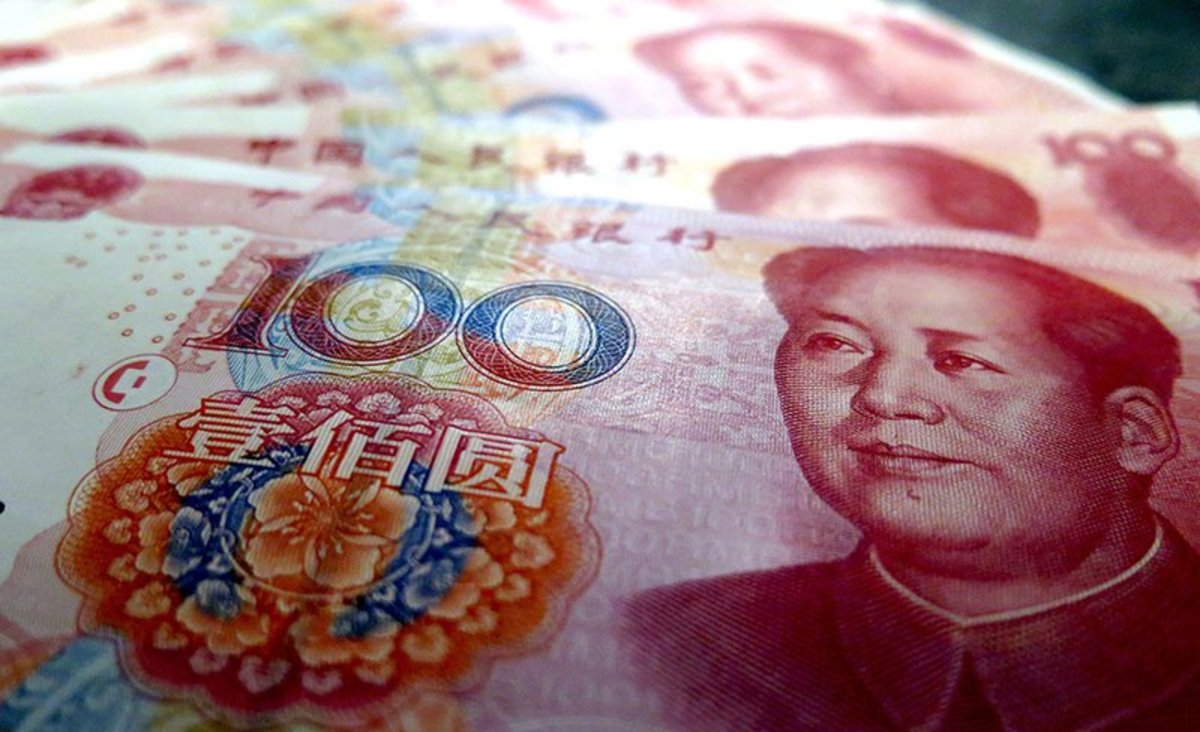
The price of bitcoin continues to rise, led primarily by the exchanges in China, which have, oftentimes, been trading at a premium of $10/BTC higher than the other major exchanges around the world. With China driving such an increase in the bitcoin price, many have been speculating that it could be driven by capital controls.
In China, the law stipulates that individuals cannot send more than the equivalent of $50,000 out of the country in a year. To get around this, individuals have hired smugglers to get cash out of the country, bought extremely expensive real estate in cities like New York and London, and even set up businesses in other countries with the goal of overpaying for inventory from China. All of this just to get money out of the country.
According to pseudonymous blogger Tyler Durden of Zero Hedge
, the primary driver has been the Chinese purchasing bitcoin as a way of getting around capital controls.
“If a few hundred million Chinese decide that the time has come to use bitcoin as the capital controls bypassing currency of choice … sit back and watch as we witness the second coming of the bitcoin bubble,” he wrote in a recent blog post
.
But is this, in fact, what is occurring?
According to Bobby Lee, the Founder and CEO of BTCC, while a hedge against capital controls is certainly a use case for bitcoin, it’s not what is driving this run up.
“I can tell you, being on the ground with the bitcoin exchange in China, I can guestimate that the vast majority of trading volume is not for that reason. The reality is, there are many loopholes around the capital controls. For the most part, it’s not a strict, strict capital controls,” he explained in an interview with Bitcoin Magazine.
“If you look at countries like Myanmar and Argentina, which have very strict capital controls, you’ll have the price of bitcoin to USD [U.S. dollars] is much greater.”
Jack Liu, head of international at OKCoin, also disagreed with the notion that it had anything to do with capital controls. In an email to Bitcoin Magazine
, he said, “I don't think so. It's speculation.”
Leon Li, CEO of Huobi, said in an interview with Bitcoin Magazine,
“to be clear, it’s not about capital controls.”
BTCC, OKCoin, and Huobi are the three biggest exchanges in China. All three don’t see a fear of capital controls driving the recent run-up of the price of bitcoin.
If it’s not capital controls, what is it?
It’s About Perception
“Over the last two months, we’ve seen a steady increase in bitcoin activity and bitcoin volumes and price appreciation. The reason this price has happened is because of renewed interest,” Lee explained. “All the bad news has come out over the past year and a half, and now it’s over.”
Lee walked through a list of the bad news that held bitcoin back: Mt. Gox imploding, the Chinese government offering ambiguous opinions on bitcoin, and the Silk Road bitcoin being sold en masse. “We’ve been in a bear market for the past 18 months,” he said.
And with that bear market came the need for miners to liquidate more of their bitcoin than normal because they didn’t know what the future price would be, Lee explained. “There’s a constant selling pressured caused by bitcoin miners.”
“The price is recovering on a rebound after several months in a narrow range. Some Chinese traders are expressing a view on the CNY exchange rate after the last devaluation, and you have interest by mainland speculators to move to other assets after the stock market fallout,” Liu of OKCoin said to Bitcoin Magazine.
What Lee does believe is that there is only one reason that the price of bitcoin is going up:
“It’s mostly new users,” he said, referring to who was signing up for the site during this recent run-up in price. “Bitcoin price, if I may be bold, has been going up in the recent years for only one reason: more usage, more acceptance and more awareness. When bitcoin is in more hands, the price naturally goes up. It’s the law of scarcity.”
Li of Huobi believes that there are a multitude of reasons driving the price higher. He touched on the recent regulatory environment with the CFTC saying bitcoin was a commodity and, in Europe, the courts saying that it was exempt from VAT.
“More financial institutions entered this industry,” he said, “such as bitcoin-based ETN and ETF were founded in Europe. Organizations and individuals involved more in bitcoin market as the policy and funding is becoming in favor of bitcoin.”
But Li also offered some negative reasons in China that might support the recent rise.
“Finance industry is developing rapidly in China during recent years, however, there still exists a distance in terms of trading mechanisms compared to the developed countries, which hindered the small and medium-sized investors from enjoying convenient services and trades," he said. "Chinese banking industry is still charging high transaction fees despite the fact that we’re living in the Internet Age.”
Nonetheless, bitcoin is rising, and China is leading the pack. Whether this run will last for only a short while or this is the beginning of another bull run, no one is certain. But the energy within the community is certainly more positive, this run-up encouraging more people to talk about bitcoin.
And as Lee said, as more people become aware of bitcoin, more people will use it, and that alone will drive the price up.
Has purchasing #bitcoin to get around capital controls in China driven up the price? https://t.co/BFuTMWmxpN
— Bitcoin Magazine (@BitcoinMagazine) October 30, 2015
Jacob Donnelly is a full-time product manager and freelance journalist covering stocks, business and bitcoin. He runs a weekly digital currency and blockchain newsletter called Crypto Brief.










